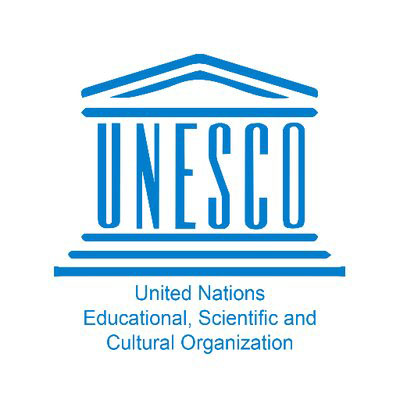UNESCO celebrating 20 years in Nepal
KATHMANDU: The United Nations Educational, Scientific and Cultural Organisation (UNESCO) Office in Kathmandu is celebrating its 20th anniversary this year, states a press release issued by the Office.
According to the press statement, to mark the occasion, UNESCO is organising an event in Kathmandu on Wednesday, March 28. The event aims to share some of UNESCO’s major achievements from the last twenty years in the presence of various UNESCO partners including government officials, United Nations representatives, diplomatic missions, mediapersons, and civil society.
UNESCO has contributed in fostering peace, reducing poverty, and promoting sustainable development and intercultural dialogue in Nepal by strengthening government policies and programmes related to education, the sciences, culture, and communication and information, the statement reads.
It further states that UNESCO has supported in establishment of the Education Management Information System at the Department of Education and at the Non-Formal Education Centre to support evidence-based decision-making, planning and delivery of formal and non-formal education.
Likewise, in the cultural sector, UNESCO has provided its support to preserve, conserve and safeguard Nepal’s rich cultural heritage, both tangible and intangible, through the promotion of cultural diversity and dialogue between diverse communities.
The statement reads, UNESCO has taken the lead in safeguarding the World Heritage Sites in Nepal. This includes rehabilitation of the monument zones in Kathmandu Valley, which were severely damaged by the 2015 earthquakes; preservation of Lumbini, the birthplace of Lord Buddha, as well as its surrounding Buddhist sites; and assisting authorities in mitigating the challenges faced by the two Natural World Heritage Sites of Chitwan and Sagarmatha National Parks.
Meanwhile, it is mentioned in the statement that in communication and information sector, the Office promotes freedom of expression and peoples’ right of access to information by building the capacity of journalists, community media actors, and human rights activists. The commitment of UNESCO to the safety of journalists and freedom of the press has established it as a leading actor for media development.






